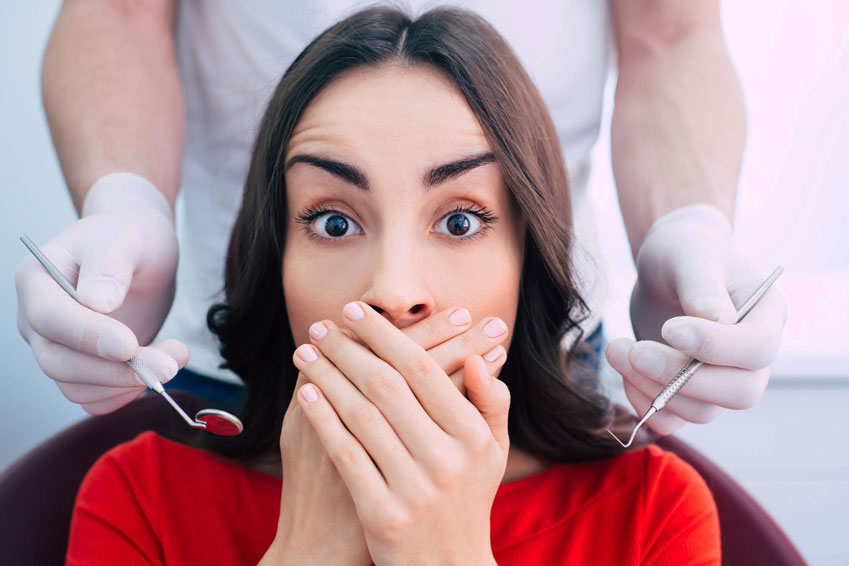Do you experience jaw pain on a regular basis? Have you been told you may have TMJD?
In this post we’re going to lay out the facts, and help you proactively minimize your pain.
What Is TMJD?
TMJD stands for TemporoMandibular Joint Disorder. It’s a condition that can affect anyone at any age. There are numerous causes and it can vary from mild, intermittent discomfort to debilitating symptoms that interfere with your ability to function.
The temporomandibular joint is where two bones, the mandible (jaw) and the temporal bone (part of the skull), meet to form an axis point for mouth movement (chewing, speaking, biting, swallowing, etc.).
Muscles surrounding the joint aid this process. When TMJD strikes, these muscles can become inflamed along with the joint, causing pain or mild discomfort on the side of the head.
What causes TMJD?

Root causes of TMJD can be both mental and physioligical…
- Stress
- Caffeine
- Teeth clenching habits
- Gum chewing
- Braces/retainers
- Trauma
- Psychological factors
- Fibromyalgia
- Birth defects
Stress is often the culprit in TMJD pain as we tend to express our tension in the neck and jaw area. This tension can unwittingly trigger the muscle and joint pain of TMJD, and teeth clenching is one of the more common expressions.
The root causes of TMJD are often interconnected, making it hard to say which specific trigger is causing your TMJD pain. But there are things you can avoid to help prevent onset of an attack.
What to avoid if you have TMJD

One of the best ways you can reduce discomfort of TMJD is to avoid any suspected behaviors that might trigger it, including…
- Gum chewing
- Eating chewy foods like taffy or steak
- Taking large bites of food
- Too much caffeine or other stimulants
- Letting stress win
Gum chewing, along with certain foods like steak, taffy, or anything overly tough or chewy should be avoided. It’s also important to be mindful when you eat, avoiding taking large bites of food. Try to avoid stress and cut down on caffeine.
What you can do to help with your pain?

If you have done your best to avoid the triggers and still wind up with TMJD attacks, it may be time to consider outside help…
- Physical therapy
- Manual therapy – joint mobilization and massage
- Rocabado 6×6
- Posture training
- Cardiovascular endurance for endorphins
- Stress management/meditation
- Dietary changes
- Mouth guards
- Medication
Along with avoiding things like too much caffeine and gum chewing, there are other things you can do to get relief from the headaches, neck pain, and jaw pain associated with TMJD.
A physical therapist can work with you to create a plan for reducing and managing pain. Dietary changes and mindful eating can reduce trigger. Posture training, massage, stress management, and wearing a mouth guard are also good strategies for preventing pain or at least keeping it to a minimum. In some cases, medication may be prescribed to help manage pain.
A TMJD sufferer we interviewed advises applying a cloth-covered ice pack immediately after the slightest hint of an attack – waiting until the pain reaches climax is not the time to act. In addition, a dose of your favorite over-the-counter pain reliever can minimize or even stop the attack when taken early enough in the cycle.
Advocate for yourself!

Because TMJD is often perceived as more of a nuisance than a real disorder, you may find that you need to advocate for yourself to get the attention you deserve. Be proactive — explore the above tips to reduce symptoms, and enlist the care of your medical providers and physical therapist. Dentists can definitely help, too. Give us a call for advice!


















